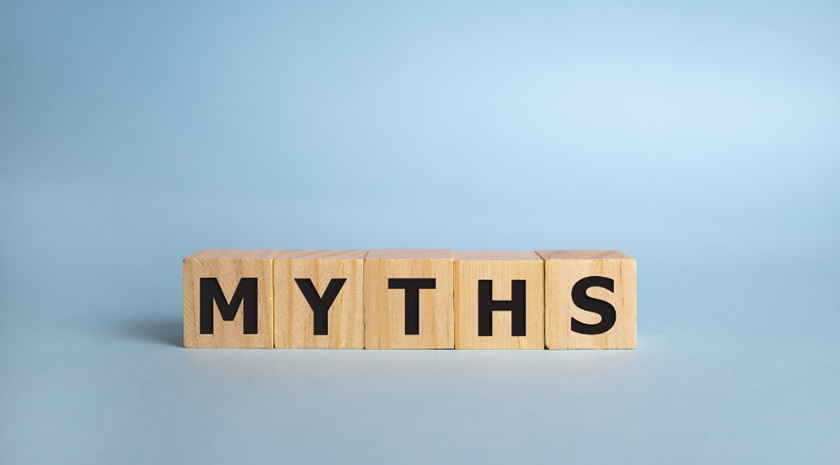Protein, one of the three major macronutrients, is a vital element responsible for building tissues, muscle repair, and regulating essential body processes. The rising popularity of protein supplements, and one in particular—protein powders—has led to an overflow of information, often misleading and riddled with myths. This article aims to debunk these common misconceptions and provide insight into choosing the best protein powder in India to suit your dietary needs.
Myth 1: Protein Powders are Only for Athletic Individuals
Contrary to popular belief, protein powders aren’t solely for athletes or bodybuilders. Protein supplements can benefit various individuals from all walks of life, including those on a weight management plan, people recovering from surgeries, and mothers-to-be!
Myth 2: Protein Powders Lead to Weight Gain
It’s misleading to label protein powders as weight-gain supplements. While protein can help maintain lean muscle mass, its consumption should be balanced with regular exercise and a healthy lifestyle.
Myth 3: All Protein Powders are Equal
It’s crucial to know that not all protein powders are created equal. Each type has a unique profile, absorption rate, and amino acid configuration.
Myth 4: Protein Powders Have Harmful Side Effects
In general, protein powders, when consumed in recommended doses, do not have harmful side effects. Instead, they can aid muscle recovery and provide a convenient source of high-quality protein.
Myth 5: Protein Powders Replace Whole Foods
Protein powders are intended to supplement a well-balanced diet, not replace whole foods. Real food sources, such as lean meats, dairy products, and legumes, offer an array of nutrients not found in supplements.
Conclusion
Now that some common myths have been debunked, it’s essential to understand that protein powder isn’t a magic solution for achieving fitness goals. It’s a supplement that can support an active lifestyle, balanced diet, as well as aid in muscle recovery and repair. Be sure to consult with a healthcare professional to know how to spot the signs of protein deficiency when incorporating protein powder into your diet. Remember, balance and moderation are key to a healthy lifestyle!




